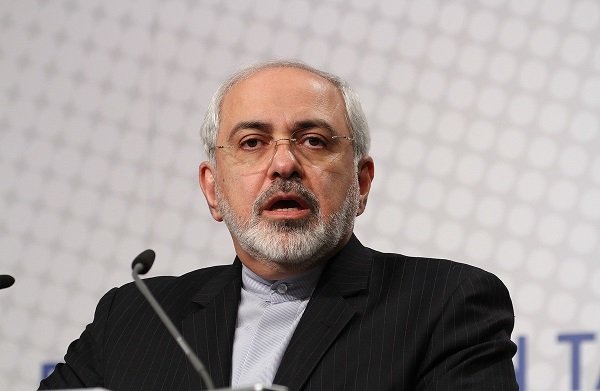Mr. Zarif told reporters during unveiling ceremony of Foreign Ministry confidential diplomatic documents on Tuesday that the gradual release and declassifying of the documents sought national expediency and complied the legislation allowing such release; “today, we find the opportunity to provide the new generations of the nation with small part of the highly invaluable collection of the Foreign Ministry of diplomatic and historical documents and the role they played in consolidating of national sovereignty, bolstering cultural heritage and civilization,” Zarif added.
“The first series of the legislation allowing the formation of Ministry of Foreign Affairs also addressed a center for archives and documents more than 115 years ago; the Center is home to unique collection of our national documented heritage including more than 50 million diplomatic and historical pieces of evidence, the oldest tracing back to 1463 AD; apart from the sheer value of documents, the material used in documentation, paper, ink, illustrations, royal edicts, gilding, date and place of composition, and method of reproduction, these archive pieces are unrivaled in preserving the heritage of the past and would help a complete review of the collective memory of the nation.”
“Diplomatic documents provides examples of the diplomatic conduct of the past rulers; larger part of the national collection is classified of which 20 per cent comprises diplomatic history of the country,” he told the press.
“The legislation of 1984 in form of Historical and Classified Documents Release Act allowed the conditional release and declassifying of the huge archive; according to the Act, documents more than 30 years of age and classified diplomatic documents more than 40 years of age will be gradually released for the elite of the nation and the general public; the implementation of the law was suspended for 20 years due to Imposed War (1980-88), but good offices of our colleagues in the Center now would help release of over 70,000 pieces of historical and classified evidences, which encompasses events up to September 1941,” Zarif detailed.
“Release of true and historically accurate documents would rule out any misuse and abuse of distorted and unfounded evidence found elsewhere; evidence would improve our Iranian national identity and would strengthen our cultural ties with some of our neighbors; the least advantage is to discredit the forged documents intended to fashion a newly contrived identity and consequent expropriation of Iranian heritage,” he emphasized.
SH/3825153

























Your Comment